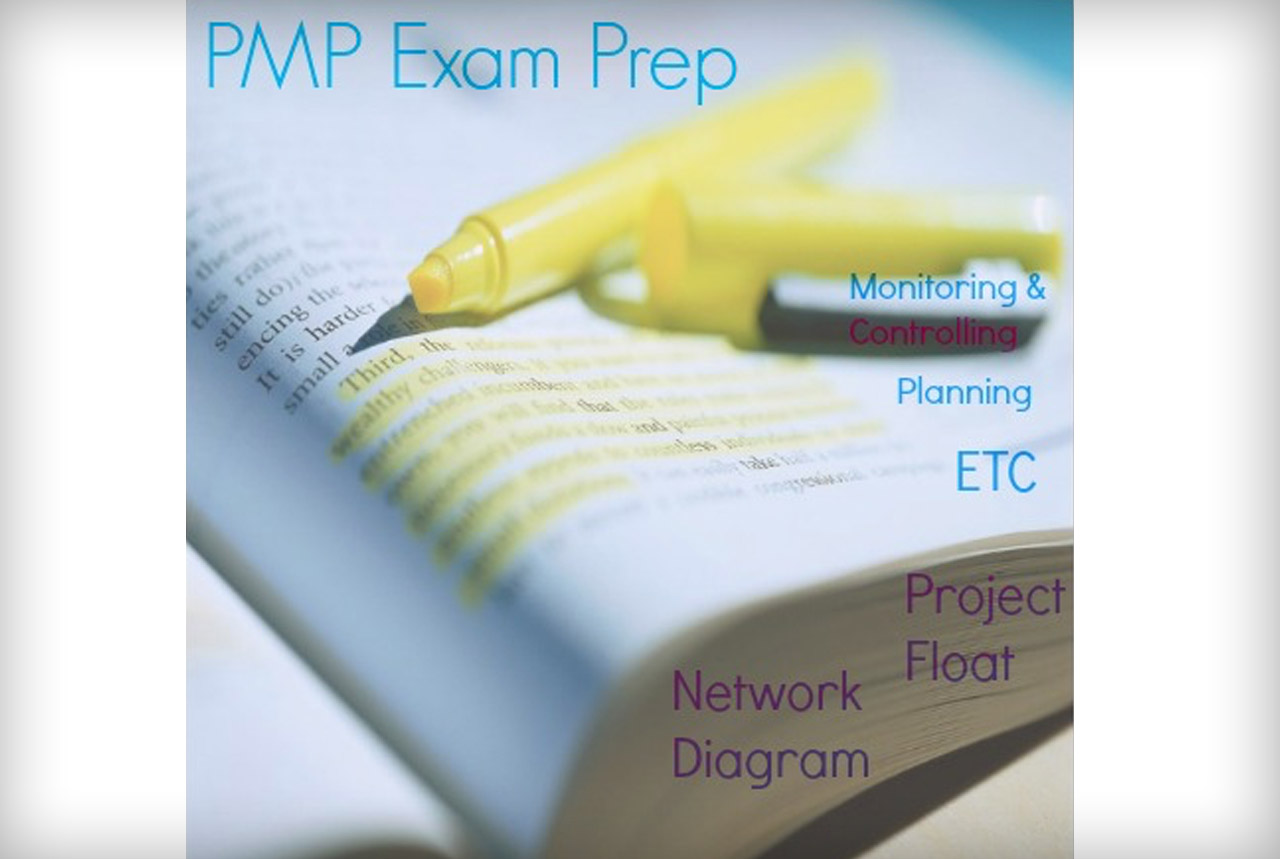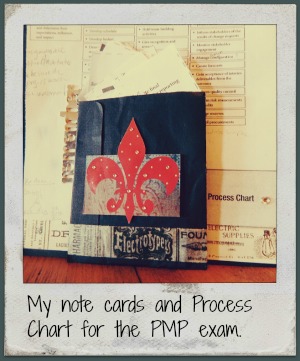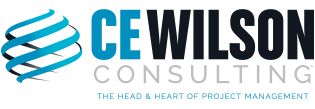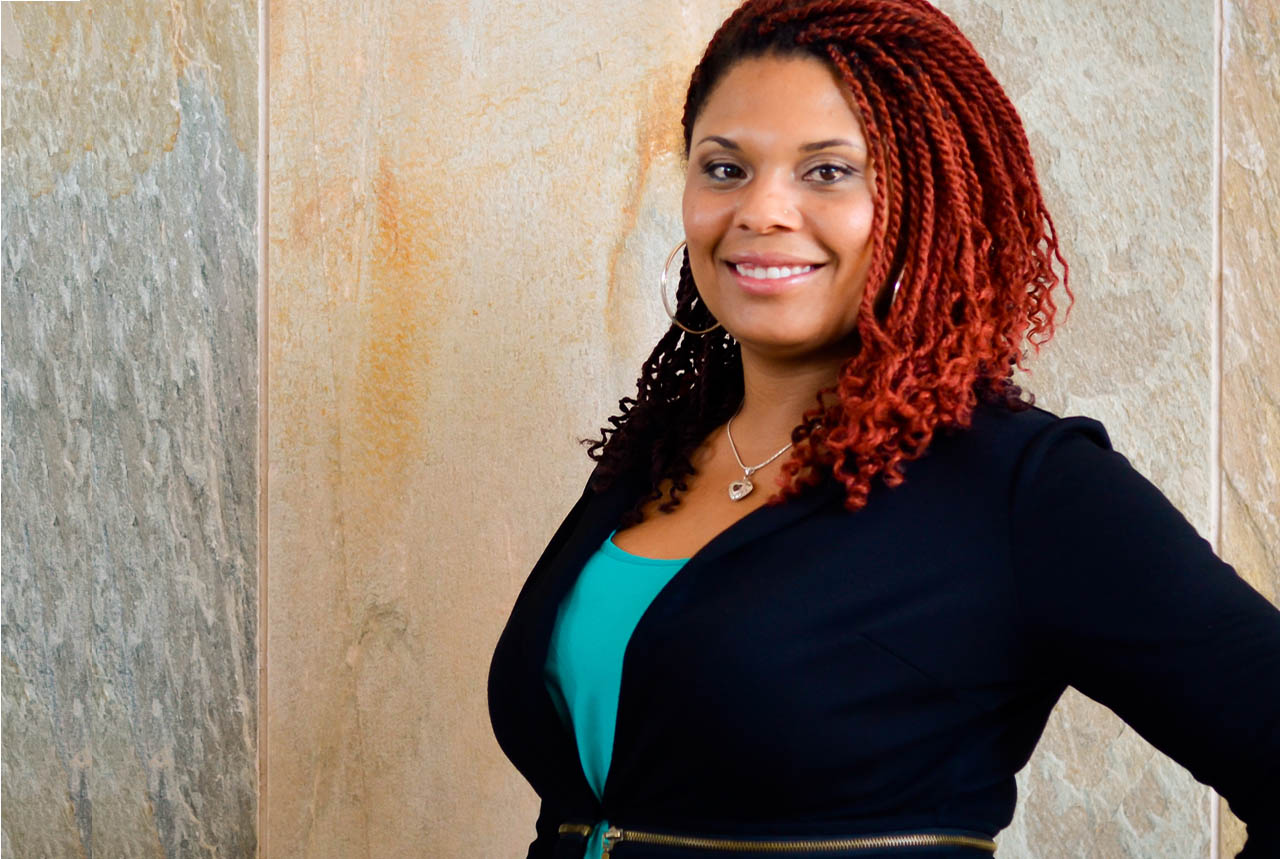Effective project managers draw on a wide range of education and experience to get the…

PMP Exam Tips for Project Managers
You walk into the waiting room, nervous, anxious, ready to get the testing over with. Why am I so nervous? Why are they wanding me down with a metal detector? “Put all your belongings in the locker, please.” “Can I see your I.D.” Yes, you are preparing to take your PMP (Project Management Professional) Exam.
Although it’s true that the ‘day-of’ preparations are a bit challenging; its the preparation that you’ve done weeks or months before your exam that is the focus of today’s post. If you’re preparing to take the PMP exam, you’ll enjoy these PMP exam tips.
We’ve asked a few certified project managers for their tips on preparing for the PMP exam. Before we share them, here are a few FAQs about the PMP.
What is the PMP exam: The PMP is a certification program for practitioners of project management. If that sounds too fancy, its a certification pursued by people in the profession of project management, regardless of industry. PMPs have passed a very extensive certification process which includes a review of past education and project management experience and a 4-hour 200 question proxied exam. The PMP certification is offered through the Project Management Institute (PMI) and thousands of people undergo testing for this exam each year. Preparing for the exam can be quite extensive. Similar to many other professional exam takers, people seek out week-long classes, invest in study books, build study teams, take online practice exams, and invest hours and hours of time studying the concepts from the PMBOK – which is PMI’s official project management bible.
Why do people put themselves through all that trouble for a certification? Good question, we’ll save the details for a later post. But in short here are some key benefits of a PMP certification: 1. Many companies prefer to hire or consult with certified project managers versus non certified. 2. Your PMP signifies you have experience managing projects or programs, you’ve attested to that experience and you’ve invested time into passing an exam built by other experienced project managers. 3. Having the PMP signals that you are competent in following a framework that can lead to your increased chances of success leading a project.
Andrew Gluvna, Project Management Professional (PMP)
Q: What one piece of advice would you give to someone preparing to take the PMP exam?
Answer: If you use a prep course to get ready, take the test right after the prep class ends so you don’t forget the PMBOK answers. Waiting too long may also cause you to answer exam questions the way your company completes the process, which may not necessarily be the way the PMBOK describes it.
Q: What was your favorite study tool in preparing to take the exam?
Answer: Taking a prep course helped me the most to prepare for the test. I took mine from Rita Mulcahy’s company RMI when she was teaching the classes.
Marilyn Collins, Project Management Professional (PMP)
Q: What tips would you give to someone preparing to take the PMP exam?
Answer:
- Take an in-person class versus on-line PMP prep class;
- Learn the PMBOK Process Groups and Knowledge Areas cold and understand how the Knowledge Areas feed each other;
- Think “very large projects” when you are reviewing the materials and grappling with what a PM is responsible for;
- In addition to the prep class invest about 80 – 90 hours of independent study time;
- Don’t forget to breathe!
Q: What was your favorite study tool in preparing to take the exam?
Answer: My favorite study guide was Rita Mulcahy’s “PMP Exam Prep” (be sure to get the most recent version). I read every page and did all the exercises once and most of them twice, unless I scored 85% or better the first time.
Chrystal Richardson, PMP
In addition to what Andrew and Marilyn shared, I would add the following tips from my own experience:
 Plan ahead by building a schedule for how often you’ll study…and stick to it. This is not the kind of test you cram for;
Plan ahead by building a schedule for how often you’ll study…and stick to it. This is not the kind of test you cram for;- Make it fun. Taking advantage of my scrapbooking supplies, I added a little flare to my study cards, printed out charts and blinged them out. This may sound a bit much but it made staring at those cards a lot more interesting. Because I’m a visual learner, having certain project phases highlighted or marked helped me remember things a lot better. You don’t have to go this far but do something to make the study process interesting. Maybe you can start a study group with a few other friends, pick an interesting study environment like a coffee shop or bookstore, or take advantage of a long bus/train ride and use that time to study.
A big thanks to Marilyn and Andrew for sharing their tips. What other PMP exam tips can you share?
Chrystal Richardson is Managing Partner of CE Wilson Consulting, a project management and business efficiency consulting firm that has managed projects for technology, mining, medical and manufacturing clients since 2001. She authors the ‘Project Management DNA’ blog.




